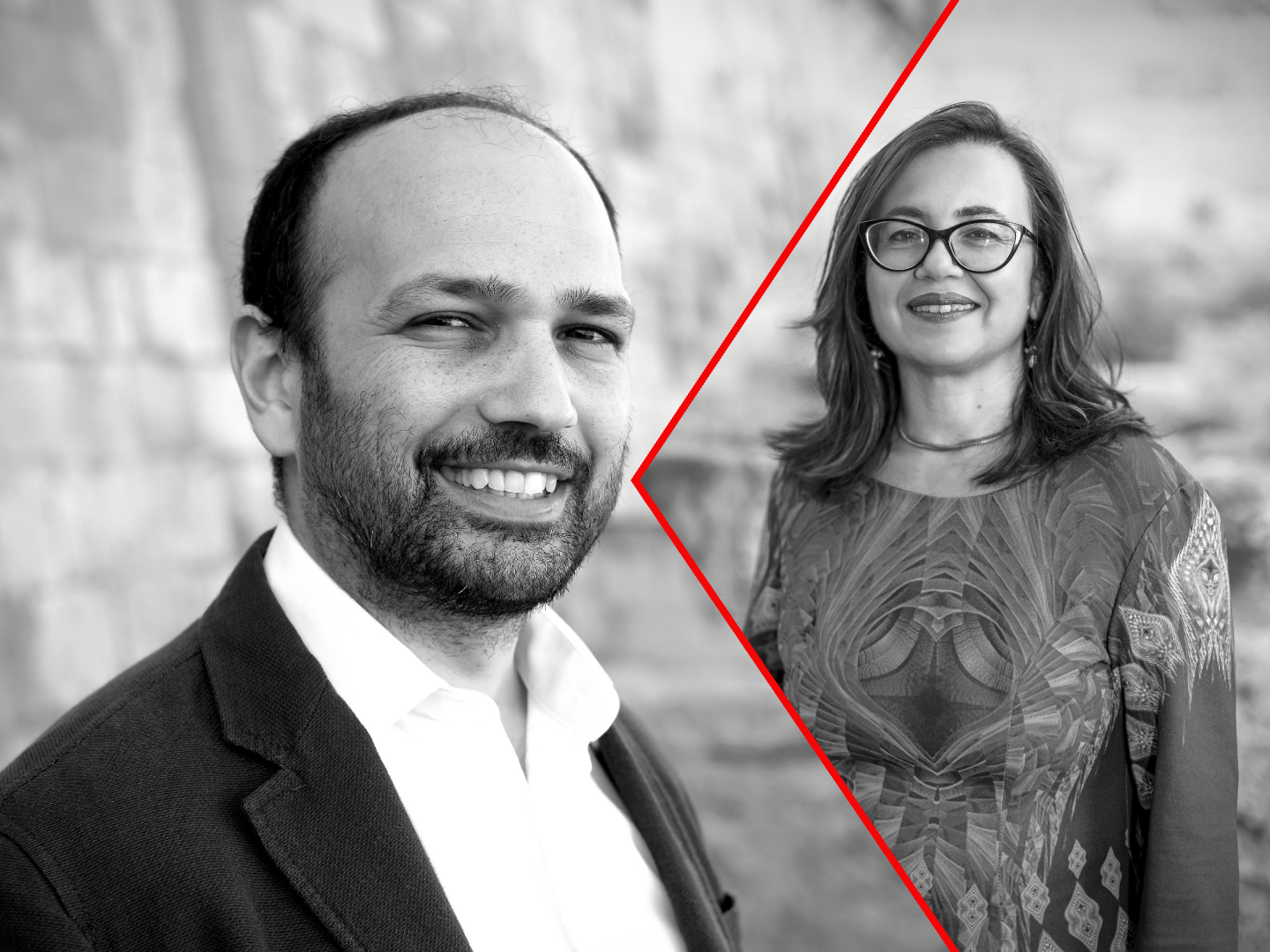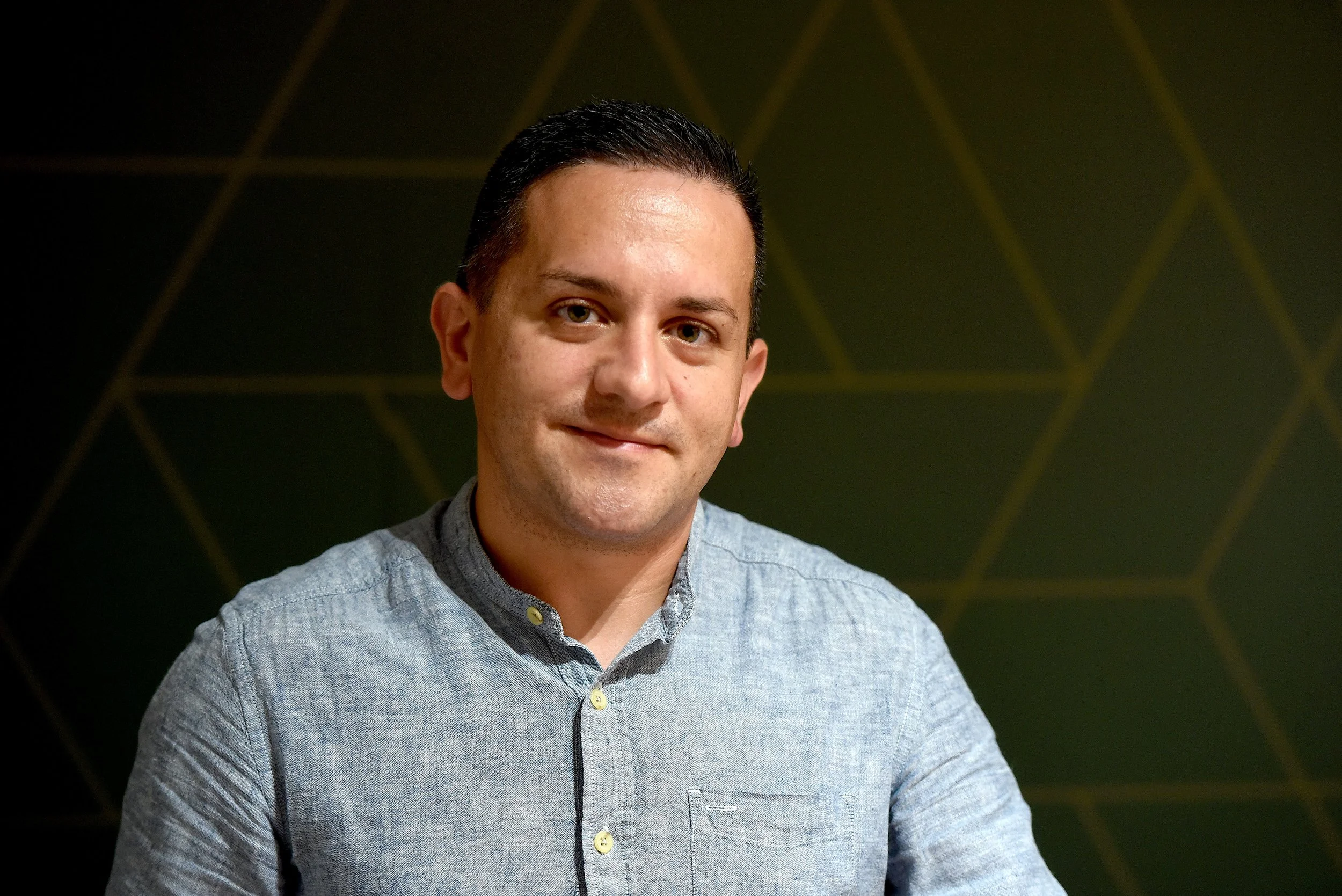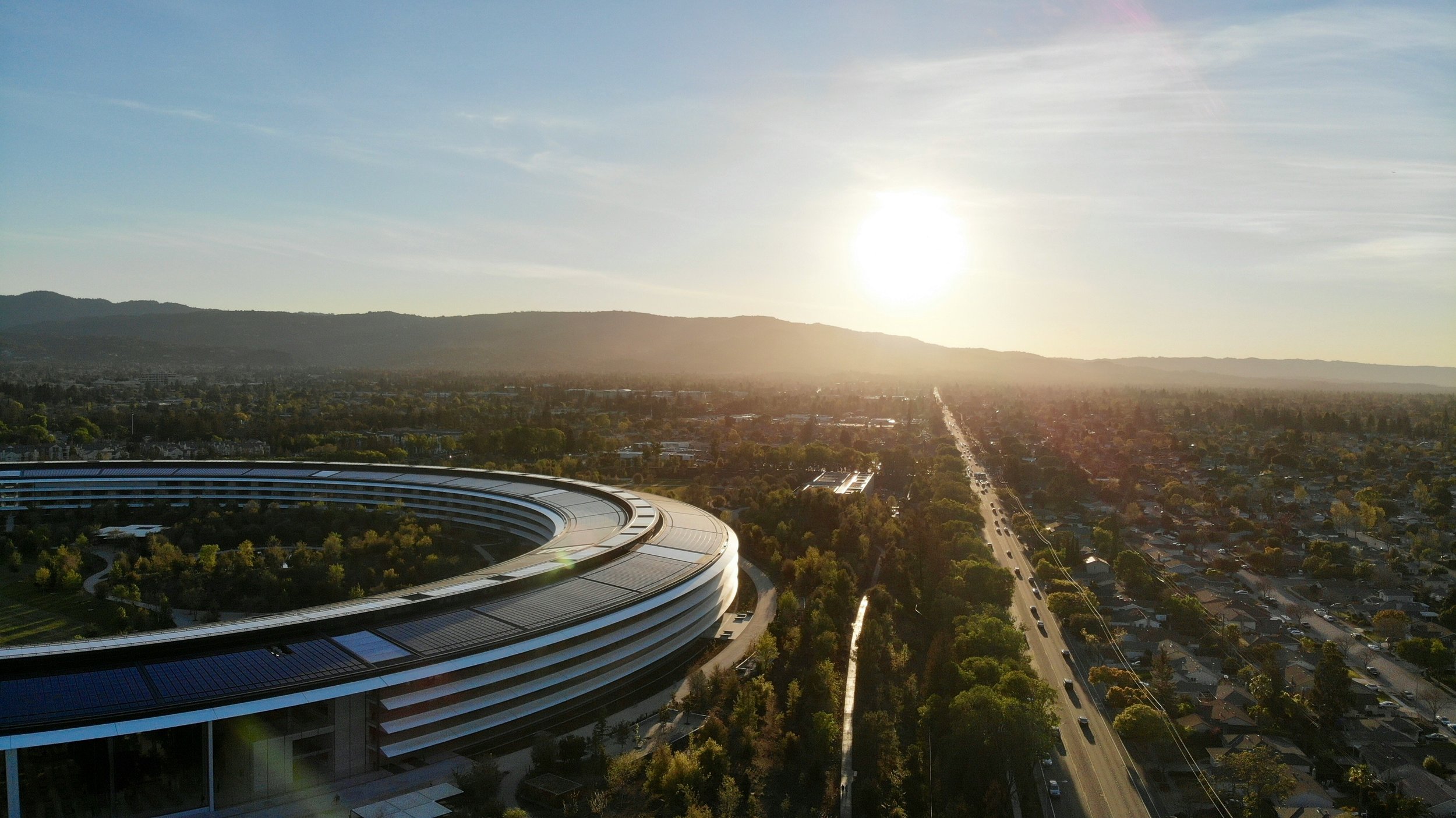AI — The age of co-intelligence
As AI shifts from tool to teammate, we stand at the threshold of a new business era—one driven not by automation, but by co-intelligence. EY-Parthenon’s Theo Dix explores how intelligent agents are reshaping operations, redefining scale, and giving smaller nations like Malta a rare strategic edge in global competition.
There’s something quietly profound happening in business. Not another wave of automation, not another dashboard or chatbot—but a shift in how companies work. A change in who or what is doing the work.
We’ve spent decades building processes, systems, and teams to deliver at scale. Now, that scaffolding is being rethought. Across industries, we’re starting to see the emergence of intelligent agents, not as tools we use, but as actors that carry things forward on their own. These systems are beginning to make decisions, manage workflows, and even coordinate across functions.
For many leaders, the change still feels abstract. But under the surface, the implications are anything but. Because this isn’t just about efficiency—it’s about structure. What happens when the bottleneck is no longer people? When execution is no longer tied to headcount, and operational scale becomes something you can dial up or down like computing power?
It’s the kind of shift that doesn’t just tweak the model. It redefines the business altogether.
A new type of scale
In the traditional world, building a company meant hiring people, opening offices, and expanding teams. Scale was linear and expensive.
But something is changing. As AI agents become more capable, the idea of growth is decoupling from the workforce. Teams of ten can now operate like teams of fifty. Execution, once the domain of departments and reporting lines, is increasingly handled by systems that don’t sleep, don’t forget, and don’t need onboarding.
This isn’t about replacing people. It’s about redeploying them. Shifting human focus from repetitive execution to where it matters most: judgment, creativity, strategy, care. That shift—if done well—doesn’t just lower costs. It raises the ceiling on what’s possible.
And once you see it, you can’t unsee it because it opens a door. If we’re no longer bound by the same constraints—time, size, location—what kind of business would we build?
From managing operations to designing intelligence
This is where the real leadership challenge begins.
For much of the past two decades, digital transformation has focused on modernising operations—introducing new systems, re-engineering processes, and layering analytics on top. It was still a human-led model, just faster and better supported.
But the ground is shifting as agents become more autonomous, leadership shifts from managing the machine to designing it. Less about oversight, more about intent. What do we want this system to achieve? What outcomes matter? What guardrails must never be crossed?
It’s a different mindset—and not an easy one. Because it requires stepping back from direct control and trusting systems we can’t fully see inside. It means rethinking governance, redistributing responsibility, and redefining the very nature of roles.
But it also unlocks something we’ve long struggled with: agility at scale. When AI agents can respond in real time, adjust their behaviour, and coordinate across teams, the business can move at a different pace—one that doesn’t buckle under complexity.
The real opportunity: Business model reinvention
The most important question leaders can ask right now is not “What can AI do for us?” but “What can we now do that we couldn’t before?”
This is where the conversation becomes strategic. Because the arrival of co-intelligence doesn’t just make existing businesses more efficient, it enables new kinds of companies altogether.
It allows for firms that are natively lean, endlessly adaptive, and capable of offering deeply personalised experiences without the usual overhead. It opens the door to financial services without branches, healthcare without wait times, and education tailored to every learner. It enables international operations without international headcount.
In short, it resets the conditions of scale. And when the conditions of scale change, so does the competitive landscape.
A moment of strategic latitude for small states
Historically, global competition has favoured the large: the countries with industrial depth, workforce scale, and capital muscle. But when capability becomes decoupled from labour, that equation changes.
In a world of co-intelligence, a small nation can host globally competitive firms because the constraints that once held them back no longer apply. A 20-person company in Malta can now serve clients across continents, utilising a network of agents to manage sales, logistics, pricing, content, and compliance.
This isn’t speculative. The technology is here.
Malta has a chance to position itself not just as a participant in this shift, but as a launchpad for it: a country where AI-native business models can be tested, scaled, and shown to the world. That will require a conscious push, not just in technology, but in policy, regulation, skills, and infrastructure.
But the moment is real. And it’s rare. Because, for once, size may not be a disadvantage. Smaller countries can move faster. They can set direction without bureaucratic drag. They can lead.
What leadership looks like now
For executives, founders, policymakers, and investors, this moment invites a different type of thinking.
Not: How do we modernise what we already have?
But: What would we build if we started now, without legacy constraints?
What would we do if headcount weren’t a limiter? If the cost of execution was near zero? If the engine of the business was no longer human effort, but designed intelligence?
These aren’t abstract questions. They’re design prompts. And the companies that take them seriously won’t just be more efficient. They’ll be categorically different.
The same applies to nations. The ones that seize this shift as a chance to reframe what kind of economy they want to build—those are the ones that will define the next chapter, not follow it.
Final thought
We’ve entered the age of co-intelligence. Not a future of robots, but a present of reimagined possibility.
AI agents will not just help us do business. Increasingly, they will be the business—executing, learning, adapting in ways we’re only beginning to understand.
And that changes the stakes. Because once the old limitations fall away, we’re left with a more fundamental question: what are we here to build?

















Malta’s surveillance network is growing—CCTV cameras, biometric ID cards, and facial recognition trials—yet there’s little debate or oversight. Manuel Delia investigates how rapid digital transformation is reshaping governance, redefining citizenship, and eroding privacy under the guise of convenience, safety, and technological progress.